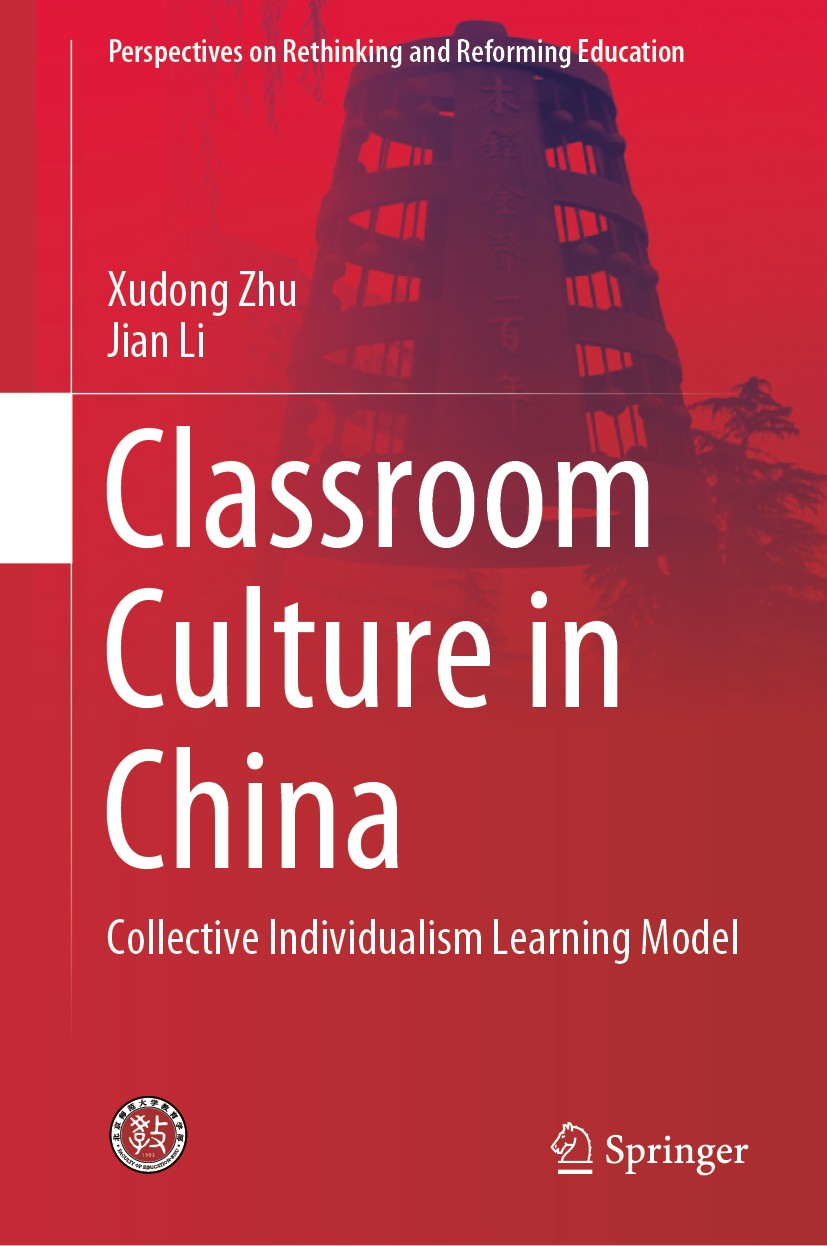| 書目名稱 | Classroom Culture in China | | 副標(biāo)題 | Collective Individua | | 編輯 | Xudong Zhu,Jian Li | | 視頻video | http://file.papertrans.cn/228/227239/227239.mp4 | | 概述 | Proposes the idea of collective-individualism-based learning to explore classroom culture at China’s educational institutions.Illustrates and analyzes the implicit connection between constructing clas | | 叢書名稱 | Perspectives on Rethinking and Reforming Education | | 圖書封面 |  | | 描述 | .This book comprehensively examines classroom culture in the Chinese context and develops the model of “collective-individualism-based learning.” Classroom culture plays a fundamental role in constructing students’ learning competencies, perceptions, and behaviors. This book puts forward a collective-individualism-based learning model to explain the classroom culture in China, both past and present...The collective-individualism-based model reflects the individualized learning style of students in Chinese classroom culture, and is characterized by nine symbolic objects; a textbook, an exercise book, a pen, a blackboard, a screen, a computer, a table, a chair, and a platform. In addition to summarizing this approach to learning, the book examines the construction of a classroom culture with Chinese characteristics and argues that the collective-individualism-based model accurately portrays the personal learning style of students in a specific classroom culture that includes particular symbolic objects. . | | 出版日期 | Book 2020 | | 關(guān)鍵詞 | Classroom; Classroom Traditions; Classroom Structure; Chinese Education Culture; Chinese Education Tradi | | 版次 | 1 | | doi | https://doi.org/10.1007/978-981-15-1827-0 | | isbn_softcover | 978-981-15-1829-4 | | isbn_ebook | 978-981-15-1827-0Series ISSN 2366-1658 Series E-ISSN 2366-1666 | | issn_series | 2366-1658 | | copyright | The Editor(s) (if applicable) and The Author(s), under exclusive license to Springer Nature Singapor |
The information of publication is updating

|
|
 |Archiver|手機(jī)版|小黑屋|
派博傳思國(guó)際
( 京公網(wǎng)安備110108008328)
GMT+8, 2025-10-20 14:14
|Archiver|手機(jī)版|小黑屋|
派博傳思國(guó)際
( 京公網(wǎng)安備110108008328)
GMT+8, 2025-10-20 14:14


